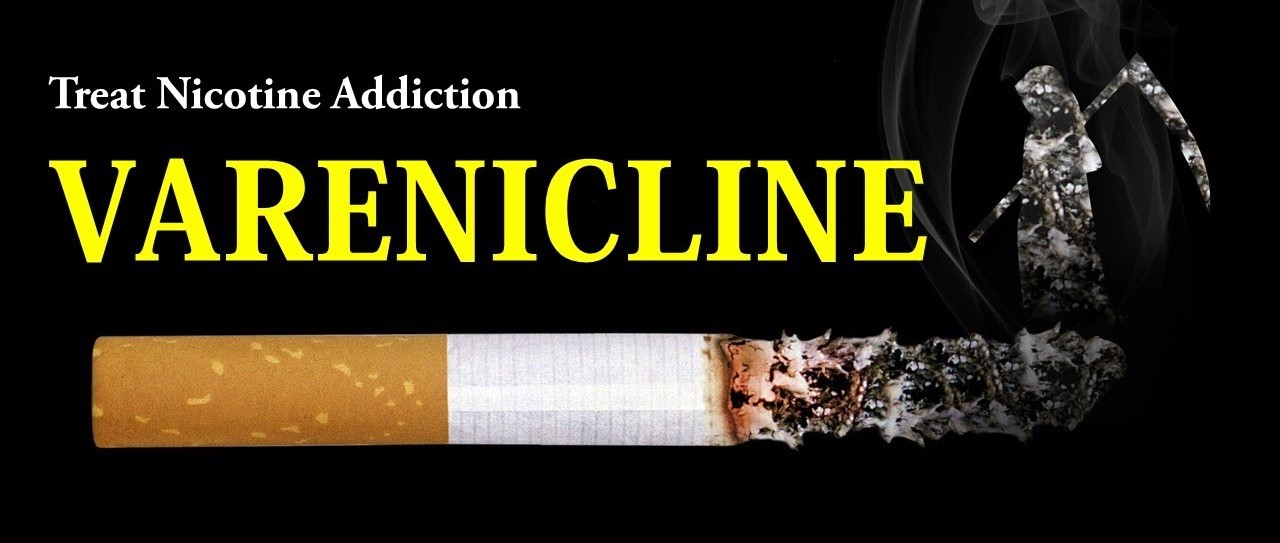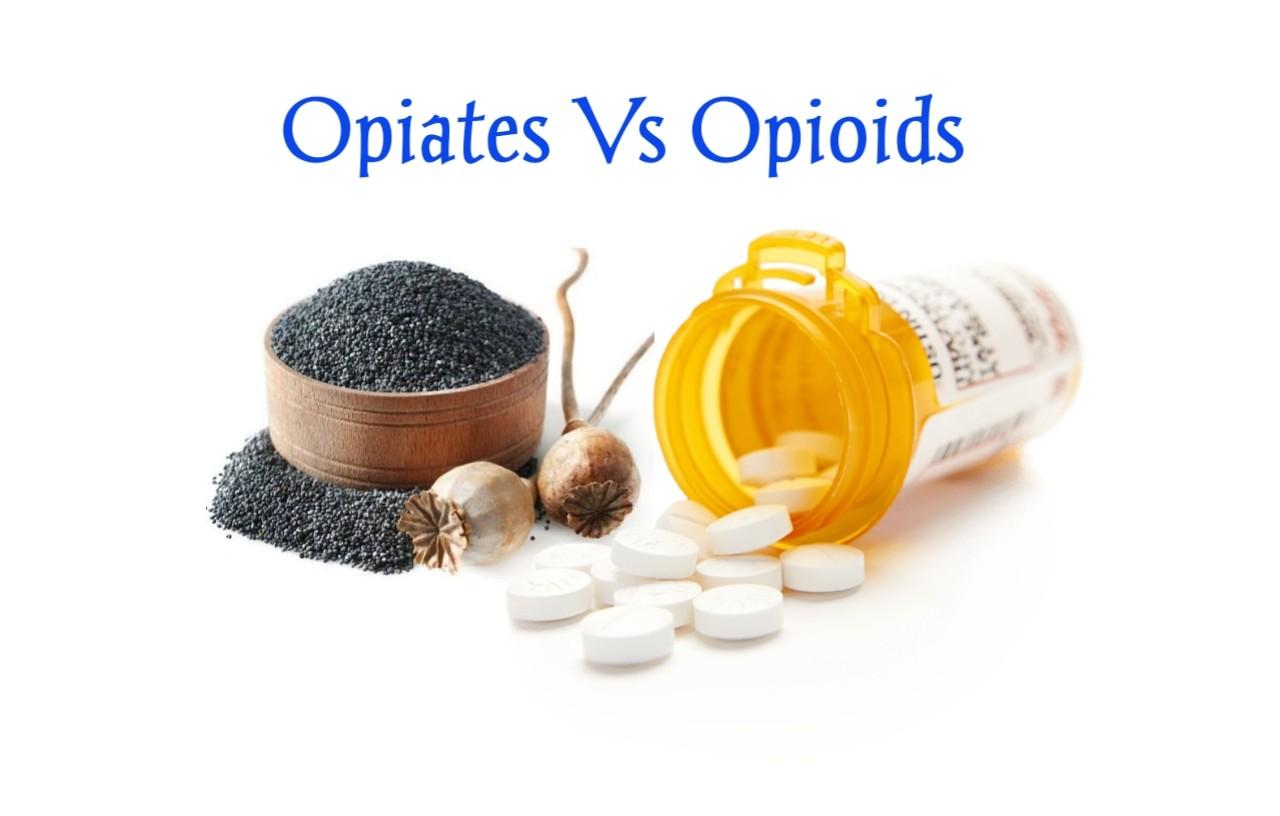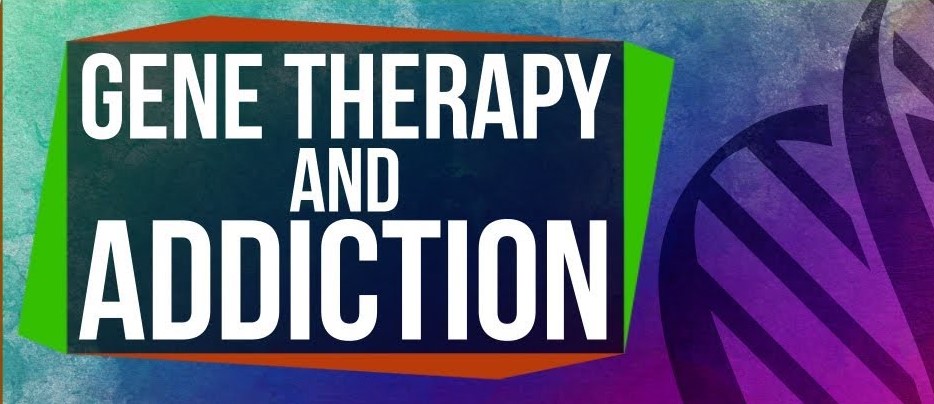Varenicline for Tobacco Cessation
Varenicline (Chantix) is a prescription medication that helps individuals quit smoking by reducing cravings and withdrawal symptoms. It works by affecting nicotine receptors in the brain, making smoking less rewarding. While effective, varenicline can cause side effects like nausea, vivid dreams, and mood changes. Its advantages include higher success rates in quitting smoking, but potential … Read more









